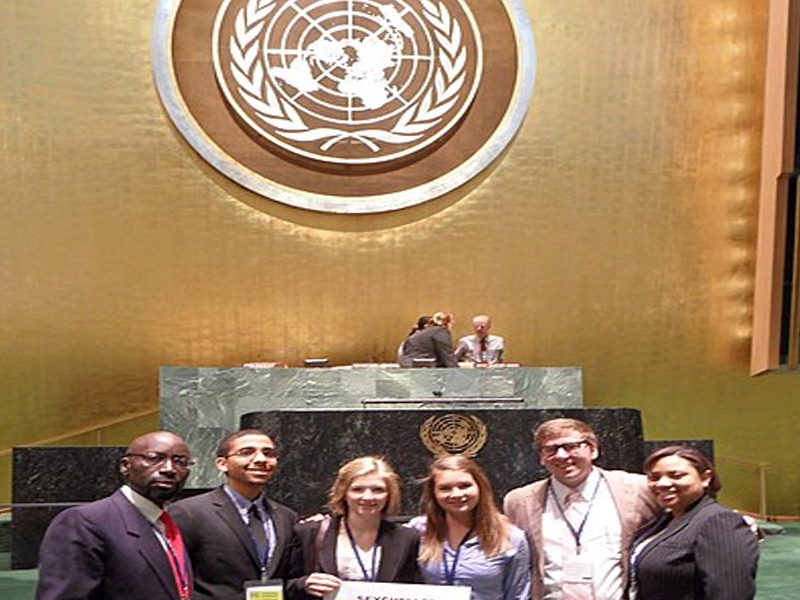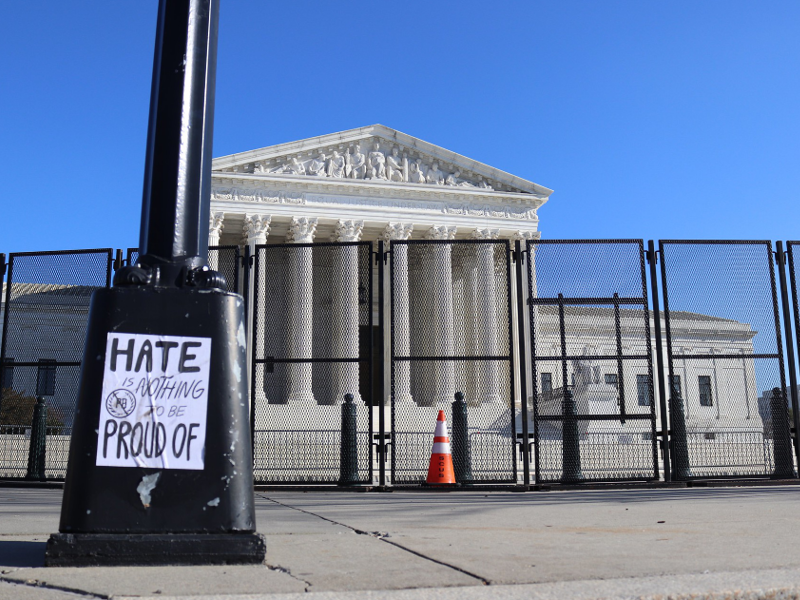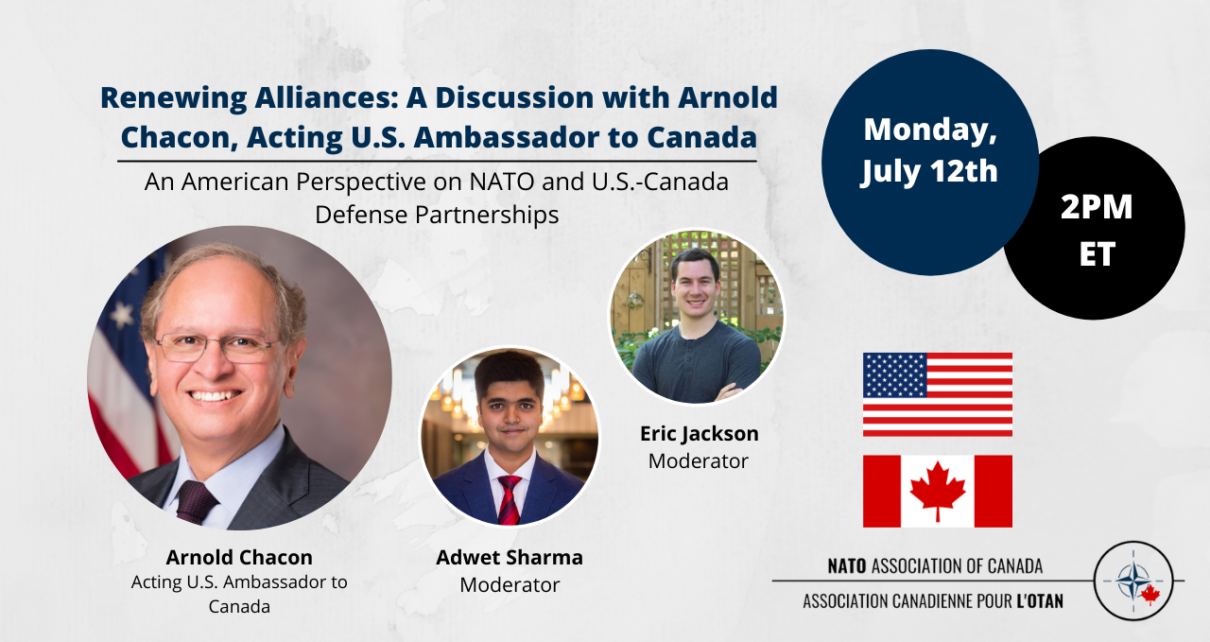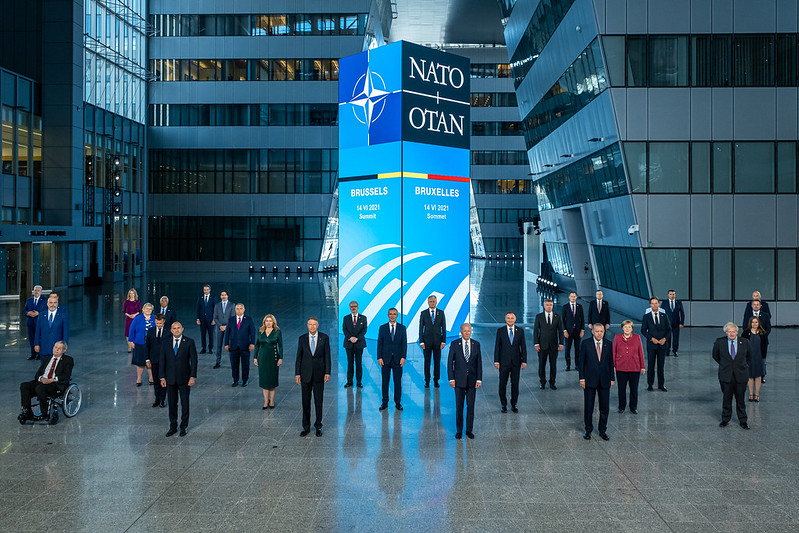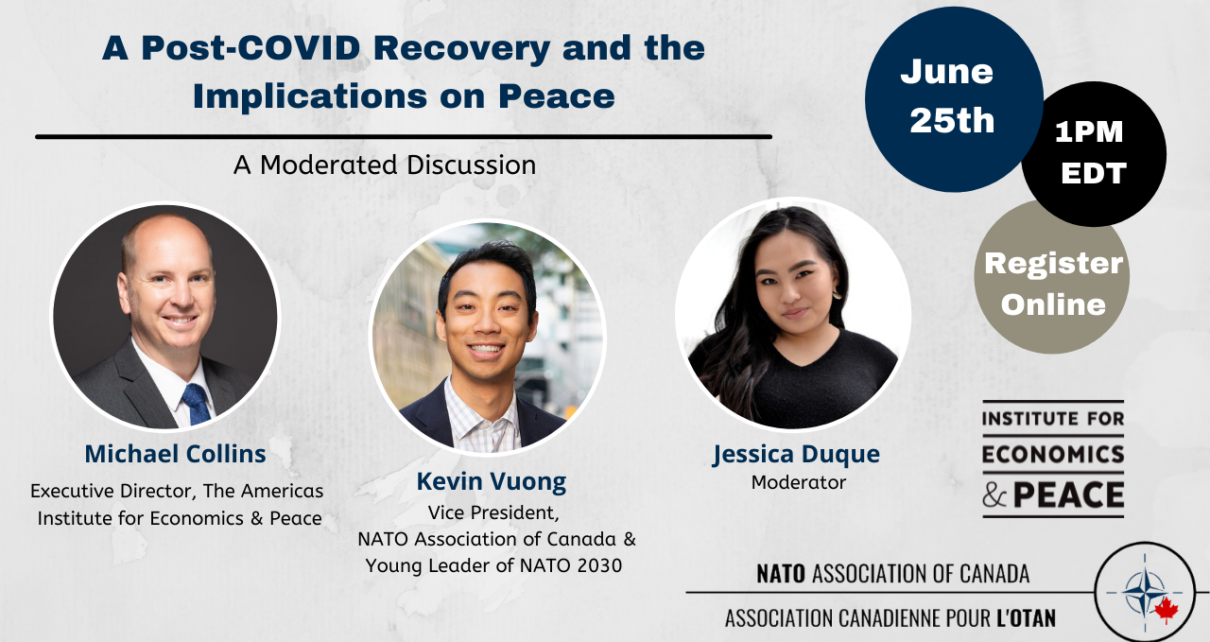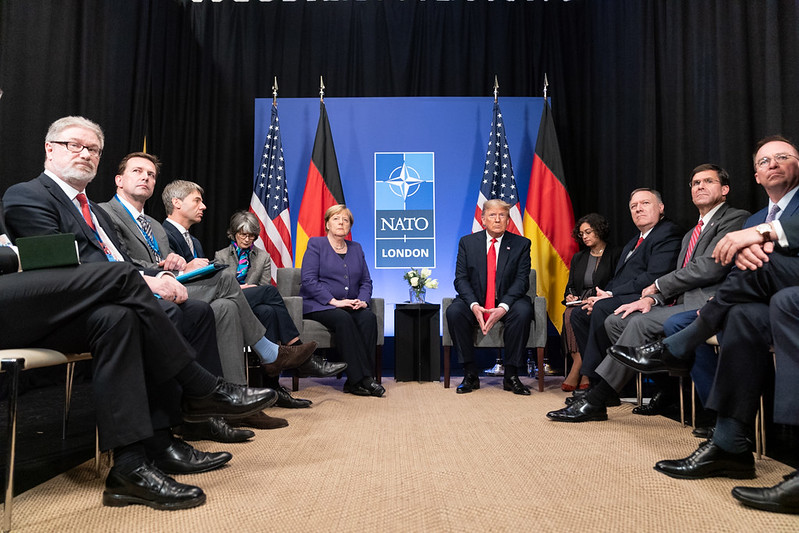The main purpose of scrutinizing youth attitudes to international security is understanding the influence young people can have on security policy. It can be difficult to determine how salient foreign or military policy is for Millennial and Generation Z voters in determining their voting patterns. However, the high-profile youth opposition to ongoing American support for Read More…
Tag: USA
Is the U.S. President now Beyond a King?
It is not shocking to say that the United States’ democratic system is in a precarious state. The criminal charges brought against former president Donald Trump for conspiring to defraud the United States and its citizens (amongst other charges), and the ensuing controversy, showed just how politically divided the nation is. That is, until July Read More…
The Importance of Taiwanese Sovereignty: Beyond Economics and Military Strategy
Recent media coverage of the West’s involvement in mitigating tensions between China and Taiwan has generally focused on the same handful of questions: Has China increased its aerial and naval drills near Taiwan’s shores, and why? What is the likelihood of a direct military conflict between the United States and China over Taiwan’s sovereignty? What Read More…
Tides of Power: China’s Potential Strategic Dominance in Shipbuilding and Its Influence on Naval Power for the U.S.
China has a significant position in global commercial shipbuilding and its control is growing, granting it a formidable strategic industrial advantage in modernizing and expanding the capabilities of the People’s Liberation Army Navy (PLAN). This is important as the PLAN’s modernization, in numerical and tonnage, combined with its intention to move beyond a littoral naval Read More…
Accountability or Punishment? Recent Pew Research Centre study reveals how divided—and confused—society remains over ‘Cancel Culture’
In this article, Hailey Clarke analyzes the results of the Pew Research Centre’s study on ‘cancel culture’ and argues that ‘cancel culture,’ at large, reflects individuals’ reactions to the rapidly changing social norms within the U.S. and Canada.
Renewing Alliances: A Discussion with Arnold Chacon, Acting U.S. Ambassador to Canada
We hosted a virtual discussion with Arnold Chacon, the Acting U.S. Ambassador to Canada on July 12th at 2 PM ET! Watch the event recording on YouTube here. The discussion focused on Canada-U.S. relations, security interests, strengthening the North American alliance and the challenges posed by the COVID-19 pandemic. It also touched upon many other Read More…
Eureka in Europe? The response by G7 and NATO countries to threats new and old
Following the productive 2021 G7 and NATO Summits, Eric Jackson explores two overlapping security issues addressed by the nations and identifies areas for future improvement.
Prepping for 2030: The Young Leaders’ Perspective on NATO’s Future
Secretary-General Jens Stoltenberg is set to outline the NATO 2030 initiative to the 30 NATO member countries next week. In prep, Eric Jackson highlights the NATO 2030 Young Leaders’ recommendations on how to strengthen the Alliance.
A Post-COVID Recovery and the Implications on Peace
Each year, the Institute for Economics & Peace publishes their Global Peace Index report outlining the state of peace in the world. Join us on June 25th from 1-2PM for a conversation on this topic between Micheal Collins, Executive Director, Americas for the Institute for Economics & Peace, and Kevin Vuong, Vice-President of the NATO Read More…
Political Accounting: Rethinking NATO’s ‘2 percent’ Rule
Is the ‘2 percent’ rule an effective way to measure a member State’s commitment to NATO? Eric Jackson explores how political manipulation in current defence spending misrepresents a nation’s military readiness and suggests a broader definition for security expenditures.

